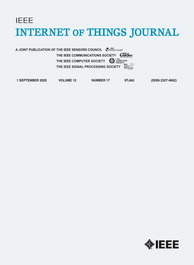Recent advancements in wearable biosensor technology have significantly enhanced the precision and ease of collecting physiological data. This has proven particularly useful in monitoring stress among drivers. However, the sensitive nature of this data raises significant privacy concerns. To tackle these challenges, federated learning (FL) has emerged as a novel solution to safeguard data privacy by decentralizing model training to individual devices, eliminating the need for data sharing. This approach is compliant with strict privacy regulations like the GDPR (EU) and HIPAA (US), significantly reducing data breach risks and data transfer costs. Despite its benefits, FL struggles with nonindependent and identically distributed (non-IID) data. This issue hampers the FL model performance and adaptability by complicating convergence with a generalized model. To address this limitation, we introduce in this article an innovative tree-based personalized clustered FL (TPCFL) approach. TPCFL effectively exploits similarities in drivers’ private data characteristics to assign each driver a personalized model relying on a tree-based clustering approach. Grounded in the realm of individuals clustering in FL to address non-IID data challenges, notably recognized as clustered FL (CFL), TPCFL is augmented with a novel tree-based clustering approach and a tailored cluster selection technique, enabling it to adeptly address core CFL challenges, such as hyperparameter optimization for cluster selection and integration of new unlabeled drivers. Experiments demonstrated the superior performance of the proposed clustering method and highlighted TPCFL’s efficiency in achieving an optimal balance between personalized and generalized learning, showcasing its effectiveness on the two public data sets.
Tree-based personalized clustered federated learning: A driver stress monitoring through physiological data case study
